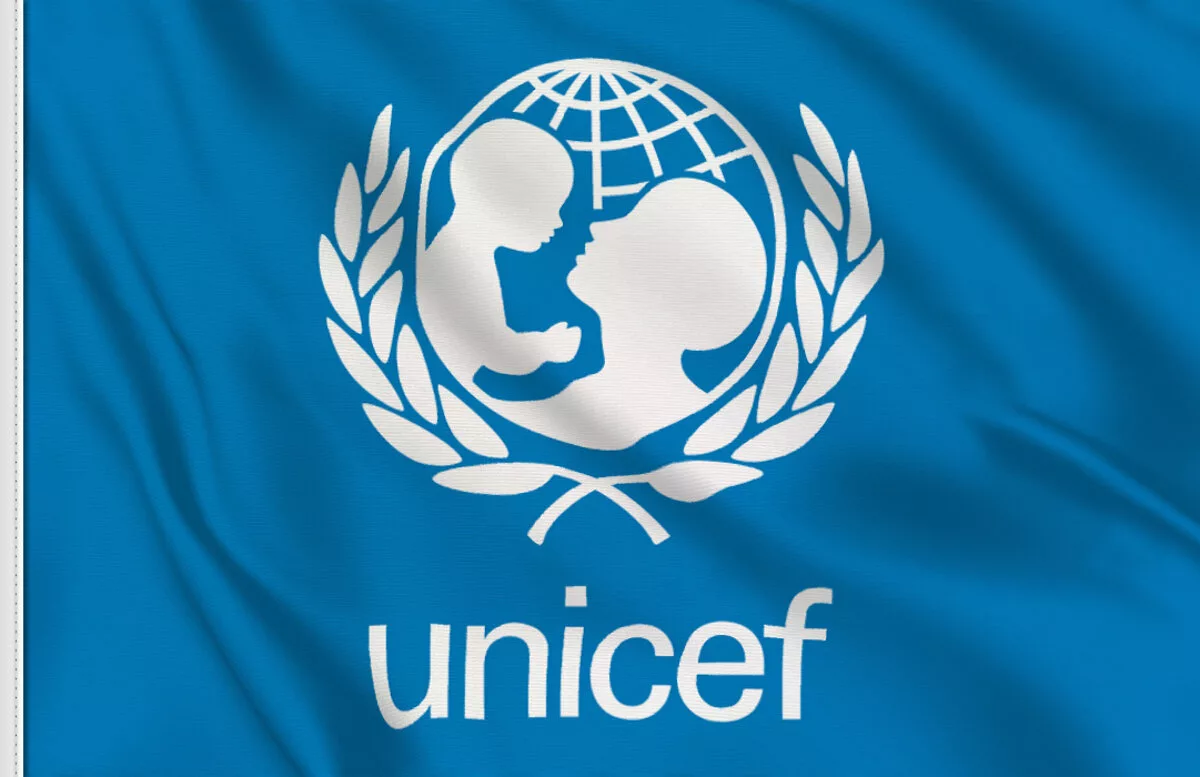United Nations Children’s Fund (UNICEF) has disclosed that a total of 1,680 children have been abducted while 180 of them were killed in Nigeria since the abduction of Chibok schoolgirls in 2014.
In a new report by UNICEF, it shows that just 37 per cent of schools across 10 states have early warning systems in place to identify threats, such as school attacks.
This came as Nigeria marked 10 years since the mass abduction of schoolgirls in Chibok in the Northeast in which about 90 girls still remain in captivity, and the country is recovering from another abduction of schoolchildren in Kaduna State in March of this year.
UNICEF is calling for intensified efforts to protect the country’s most vulnerable population, especially its children.
“The kidnapping of the Chibok girls was a wake-up call to the severe risks our children face in their pursuit of education,” said Ms Cristian Munduate, UNICEF representative in Nigeria during the report presentation at the UN House.
“Today, reflecting on this tragedy and other recent abductions, it is evident that our efforts to safeguard our children’s futures must be amplified. Given these alarming statistics, we must address not only the symptoms but also the root causes of this crisis. Education is a fundamental right and a crucial pathway out of poverty. Yet, for too many Nigerian children, it remains an unattainable dream,” she said.
The analysis comes on the heels of disturbing reports of violence affecting schools, with brazen abductions of students on the rise.
“In the last 10 years, conflict-related violence has led to more than 1,680 children abducted while at school and elsewhere; 180 children killed due to attacks on schools; an estimated 60 school staff kidnapped and 14 killed; and more than 70 attacks on schools, according to verified reports by the United Nations,” said Saadhna Panday-Soobrayan, Chief of Education, UNICEF Nigeria while presenting the report.
She said the threat of abduction of students is severely affecting children’s learning.
“As of 2021, over one million children were afraid to return to school, and in 2020, around 11,500 schools were closed due to attacks, according to Policy Weekly by Nextier.
“UNICEF Nigeria is calling for the government, partners, and the international community to take decisive action to:
“Ensure all schools across all states have the resources and tools to fully implement the Minimum Standards for Safe Schools, focusing on the most vulnerable regions.
“Address critical gaps in safe school infrastructure, preparedness for natural disasters, conflicts, and comprehensive approaches to violence against children.
“Strengthen law enforcement and security measures to protect educational institutions and communities from attacks and abductions.
“Prioritise education and child protection in national policies and budget allocations to create a safer, more inclusive environment for all Nigerian children.
“Ensure the continuity of education and learning when schools are shut through multiple learning pathways such as radio and TV programmes and through digital platforms like the Nigeria Learning Passport,” she added.




